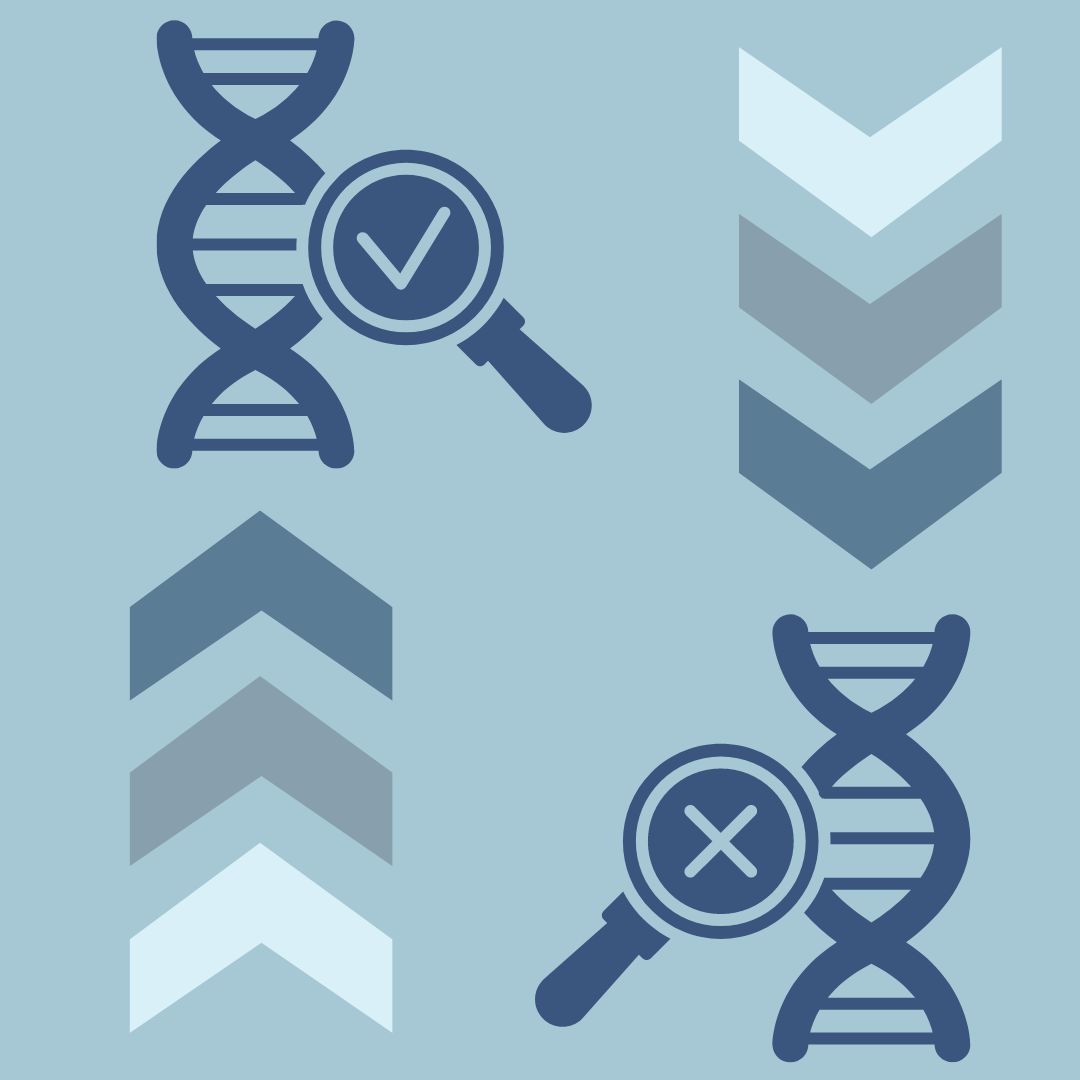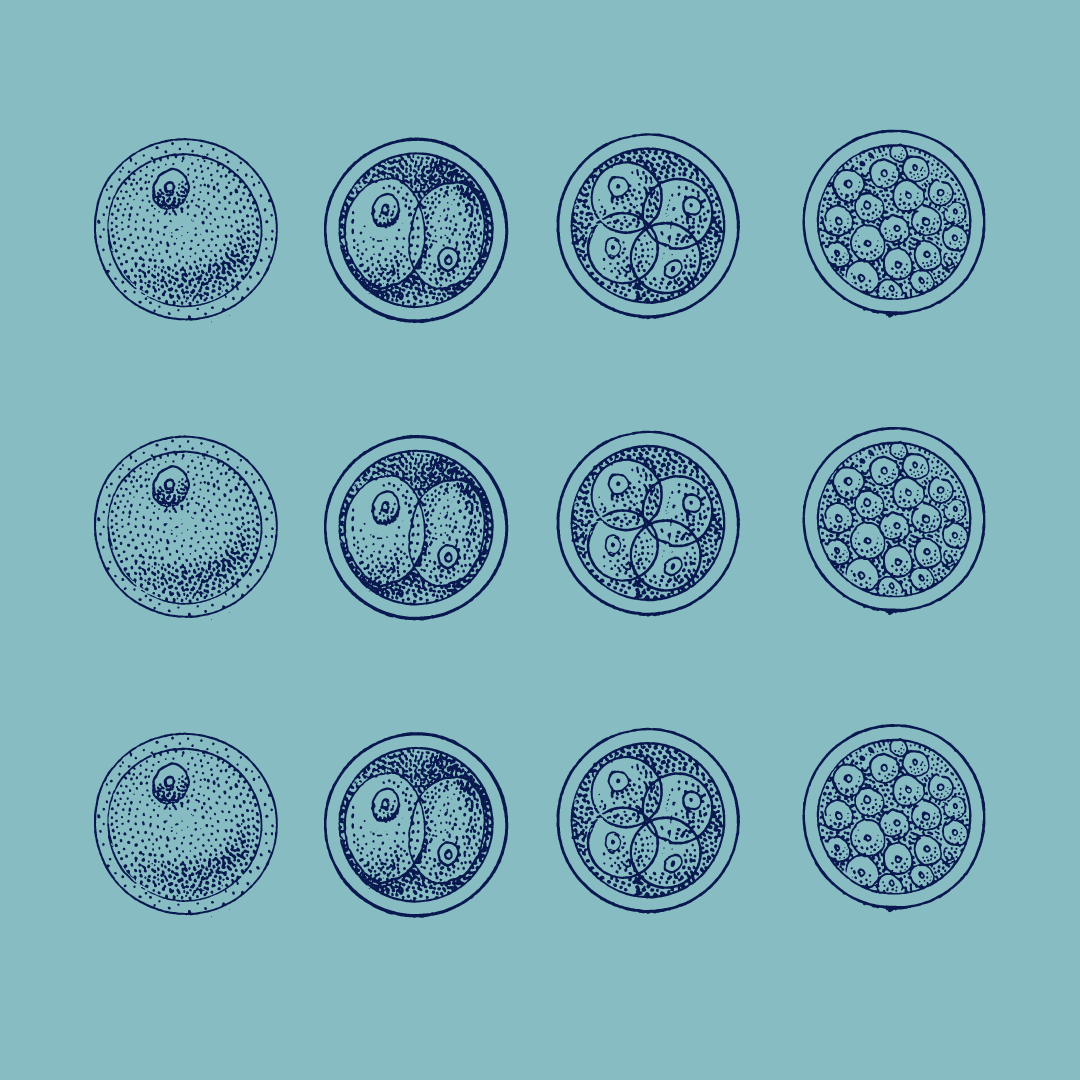Genetic Selection
Genetic testing increasingly informs decisions about whether to continue a pregnancy (prenatal genetic testing) or which IVF embryo to implant (pre-implantation genetic diagnosis). Genetic selection techniques allow parents at risk of transmitting serious genetic conditions to have unaffected and genetically related children.
But what counts as “serious” is controversial, and our perceptions of which conditions should be prevented are socially constructed and change over time. Disability rights advocates point out that when prenatal screening identifies a fetus with Down syndrome, this often results in terminating the pregnancy, even though people with Down syndrome often thrive and live happily.
Driven by genetic testing companies, prenatal genetic screening has expanded rapidly to include a wide range of conditions. There are also new companies that “rank” IVF embryos according to their future risk of conditions like cancer, heart disease, or schizophrenia – a scientifically and ethically questionable practice.
Aggregated News
Photo by Nathan Anderson on Unsplash
Every few weeks or so, Grete Fält-Hansen gets a call from a stranger asking a...
Aggregated News
In 2011, poet and writer George Estreich wrote about the impact of biotechnology on family life in his first book, ...









